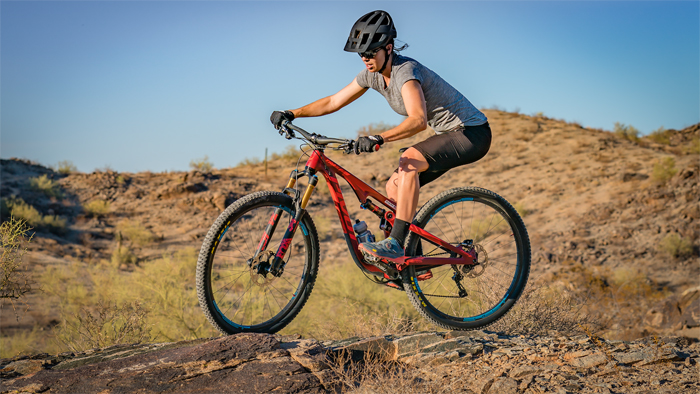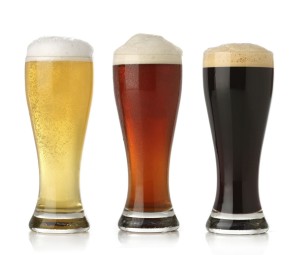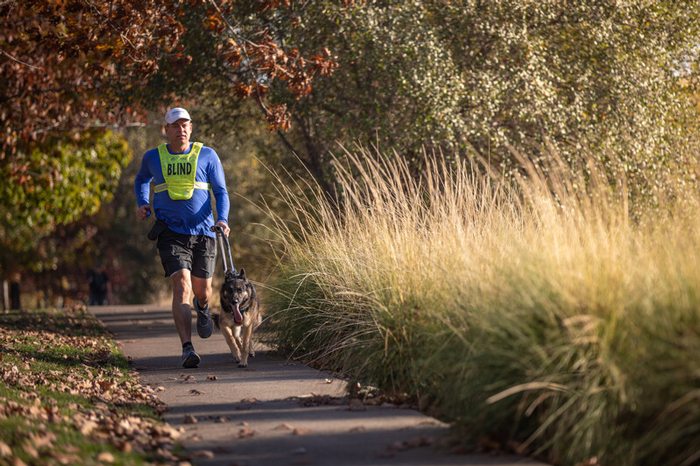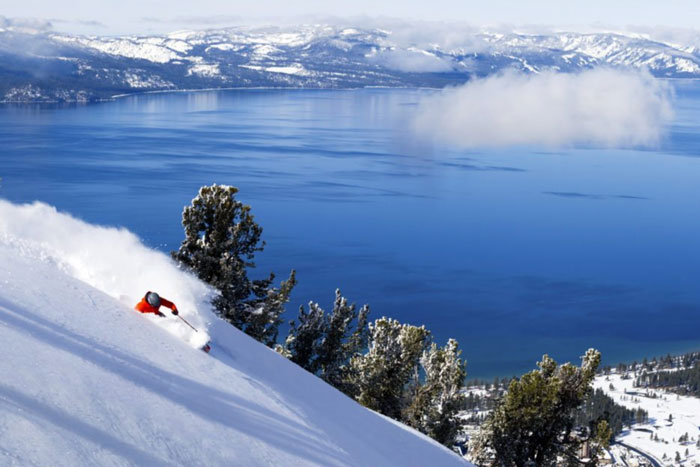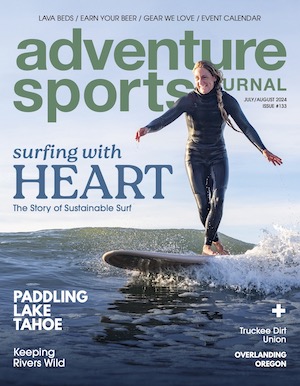- Tahoe’s Nevada Beach Tops the List of Hard-to-Book Campgrounds - 07/17/2024
- Cannabis Watershed Protection Program Cleans Up Illegal Grow Sites - 07/10/2024
- French Fire - 07/05/2024
Searching for the elusive answers on why that post-run beer is so satisfying
By Derrick Peterman
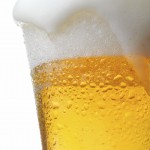
Visit a brewpub around the finish line of any running race and it will likely be full of giddy and a few gimpy runners celebrating with a post-race brew — ‘carbo-loading and fluid replacement’ some will justify their indulgence with a wink and a smile.
Runners aren’t alone. Kayakers, rock climbers, mountain bikers, and skiers also have a proclivity for cracking open a cold one or two after a day of play. It seems beer follows outdoor sports so naturally and effortlessly, one can’t help wonder if there’s some sort of mysterious cause and effect going on, something more than just the pleasure of cold beer to parched lips and the relaxing effects after physical stress.
So I asked myself a couple questions: Does beer have critical nutrients the body needs to recover from a long run? Or are the positive effects runners perceive from a post-run beer more psychological than physiological? To find the answers, I decided to do some exhaustive research on the matter. By “exhaustive” I mean I Googled the phrases “effects of beer after running” and “is beer good for you after a run?” and looked to see what popped up.
I quickly found articles on the websites of Runner’s World and Running Times weighing in on this matter, which came to nearly identical conclusions. Both point out that alcohol delays injury recovery (bummer!) and beer, contrary to conventional wisdom, is not a particularly good source of badly needed carbohydrates after a long run (shucks!). Neither suggests runners should avoid the post-run beer (whew!), but suggest making sure you’re properly hydrated before partaking in a post-run beer and to avoid drinking beer if you’re suffering from any injuries (hmmm, violated that principle once or twice).
Searching further, I found several news outlets trumpeting a curious study from 2007 by Medical Physiology Professor Manuel Garzon of Spain’s Granada University claiming beer had a slightly better hydration effect after exercise than water (now we’re talking!). Everywhere you look online on beer and running, this study invariably turns up. It seems rather convincing, since Professor Garzon is a scientist and some respected news sources picked up the story.
There’s just one small problem with this. It you actually go to Professor Garzon’s website at the University of Granada and look under his list of scientific publications, you won’t find this study because it was never published. There’s even a bigger problem with this. Professor Garzon actually denies beer has any better hydration effect than water.
“Regarding the information that you cite, it has been taken wrong by the journalists,” responded the professor in an email, where he helpfully supplied his 166-page unpublished study of beer and hydration written in Spanish. And by the way, he goes by the name of Professor Manuel Castillo, not Garzon. “What we found is that rehydration with beer with a 4-5% alcohol level in a moderate amount, 660 ml (a little more than a pint), is not better, not worse than rehydration with water.”
In addition, Professor Castillo cited an earlier paper published in the Journal of Applied Physiology by SM Shirreffs and RJ Maughan at the University of Aberdeen Medical School in the United Kingdom in 1997. They discovered drinks containing 2% or less percent alcohol had no significant diuretic effect on recovery, while there was a slight negative effect on re-hydration on drinks containing 4% alcohol.
The difference from Castillo’s study is that Shirreffs and Maughan provided an average of over two liters (more than four pints) of beer of different alcoholic strengths to their subjects over the course of an hour. Virtually all beers, with the exception of low alcohol beers, contain more than 4% alcohol by volume. Lagers, Pilsners, Kolschs and other “lawn mower” thirst-quenching beers typically check in at about 4-5% alcohol per volume, while most other beer styles have higher percentages.
So as for any positive effects of drinking beer after exercise, it doesn’t look like the physiologists have found any as yet. At best, there appears to be no significant difference between the two beverages, and there may be a slight negative effect when re-hydrating with beer.
Now my own theory of the positive effect of the post-run brew is the alcohol in beer tends to numb post-run soreness, so it feels better to drink beer after a long run. Perhaps the mental reward of a beer after a long hard run makes the overall experience more pleasurable, making you want to do it again. So beer could be in fact a motivational training aid. You could probably say the same thing about having a bowl of ice cream, too. But that would only make you even thirstier.
So, my take, in the absence of any conclusive studies to date: After your long run, as long as you are well hydrated, go right ahead and have a beer. After all, you’ve earned it.
Derrick Peterman runs, brews and re-hydrates on the San Francisco Peninsula. His blog, “Ramblings of a Beer Runner,” can be found at beer-runner.blogspot.com.




